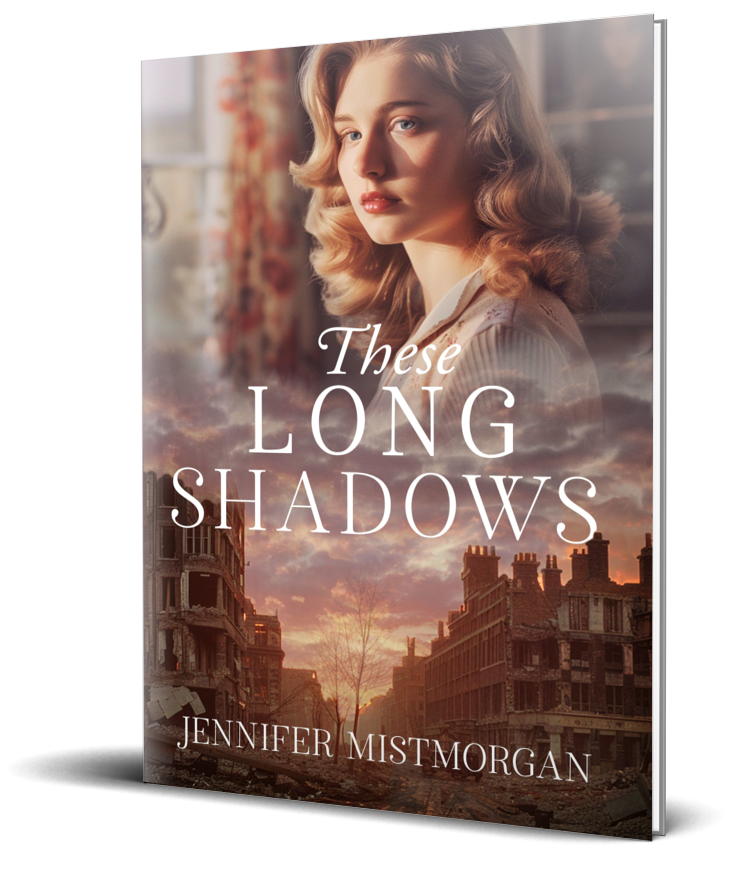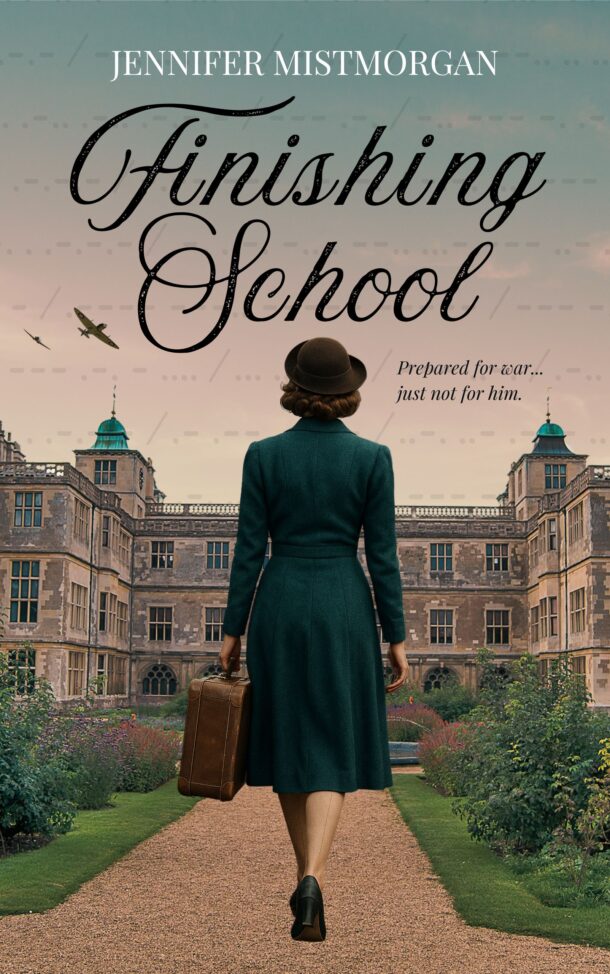Research is one of the joys of writing historical fiction for a writer. Grappling with the real historical record and working out how it might have been possible for your characters to really have done the things you write for them. Of course, the other joy is that you can fudge the parts of history that don’t work out for your story! As a reader, I always long to know which details are the real ones and which have been modified.
I usually put my historical notes on my blog so readers who love history can continue to ask questions. I can also link to the books I found helpful. I’ll be updating this page as I get questions, so feel free to contact me to ask about what is fact, what is fiction and why I decided to mix them up.
PLEASE NOTE: Before you continue, understand that this post may contain spoilers!
Demobilising troops
These Long Shadows is set between the surrenders of Germany and Japan. The British are technically still at war with the Japanese. However, that war ‘in the Far East’ (as they called the Pacific theatre) is far away from Europe, removed from daily life. The task of demobilising (standing down) many thousands of personnel needed for the war effort was daunting. It hadn’t been done particularly well after WWI, so the government was under pressure not to repeat those mistakes. The British armed forces developed a system to decide the order in which they would stand men and women down which took into account age and length of service. I relied heavily on Alan Allport’s Demobbed: Coming Home after the Second World War for details on the technical aspects of this and Julie Summers Stranger in the House for the social ones. In the end, Jonty received an early medical discharge…after everything I put him through, he deserved it.
Rationing in England after the Second World War
It seems impossible to believe, but food rationing actually got worse for the people of Britain after the war. This was because after the war, Britain had many more mouths to feed and no more loans from the US. In fact, the British had loans to repay. I don’t touch on the food rationing as much as I was planning to in this book (although I managed to work it into The Light Keeper’s Wife.) Fabric and textile rationing and repurposing was important. There are plenty of examples of underwear made from silk RAF escape maps in museums, and garments made from parachute silk in museums today.
The ‘make do and mend’ philosophy was also very strong, even in Australia. This dress, on display at the Australian War Memorial, shows is of a wedding dress made entirely from lining material.

The Polish Air Force
I have been looking for a way to work the Polish Air Forces into a book and found it in the character of Jan Delovski. The Polish pilots of 303 Squadron were in exile, evacuated from their country when the Germans and Soviets invaded, first to France and then to Britain. They were thought inferior to British pilots and forced into extra training. In fact, they were highly skilled. They were only allowed to fly in the final stretch of the Battle of Britain. They took to the sky with fresh energy, talent and passion. Ultimately, these pilots were a deciding factor in defeating the Luftwaffe in that decisive battle. Sadly, because Poland was under Soviet control after the war (and the Soviet Union was the post-war enemy), these men were not allowed to march in any of the victory celebrations.
Assisted passage to Australia
After the war, the Australian Government really did offer passage to Australia from England for ten pounds per adult. The idea was part of a mantra that Australia needed to ‘populate or perish’. The scheme stayed in place for decades. These migrants became (affectionately) known as Ten Pound Poms. The idea was floated towards the end of the war, but the first migrants didn’t arrive until 1947, due to disruption and delays.
Have you got any questions about the history in These Long Shadows? I love talking about the history behind the book, so feel free to reach out via the contact page and ask.


